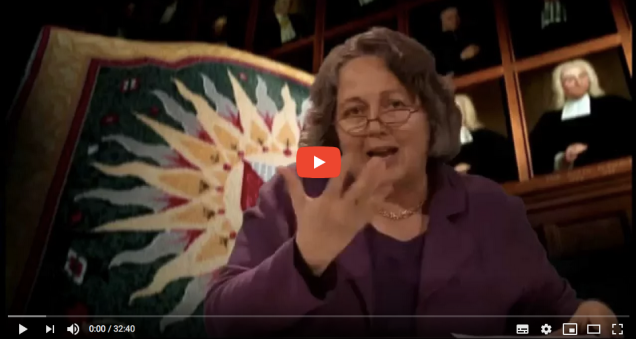Games are a great way to experience culture at work – how it influences our decisions, how others are different from us and how to collaborate and empathise to mention just a few.

(Image of Dialect game from https://thornygames.com/pages/dialect)
Here are a few resources to include games in teaching anthropology or experiencing culture.
Cards Against Anthropology Their website is upfront about it being a “shameless rip off” of the game Cards Against Humanity. The purpose of this game is to put students in the ethical position of asking themselves and their colleagues, “What would they do?” in certain tricky situations that they may face during research. The cards are downloadable and free to use, add to and remix and are under a create commons license. They just ask that you share your adjustments or how you use it as part of the community blog which is on their website.
Some notable mentions (n.b. I have not tested any of these but made a list to buy some of them!) :
- Potlatch : a strategic, educational card game based on indigenous philosophies. It is designed to meet K-12 educational standards for teaching about native history, economics, culture, and government. Game mechanics are based on sharing resources to meet other players’ needs for food, materials, technology, and knowledge. Further info and purchase here
- We-ness : a game about language’s influence on culture. Players move from using the word I, me, my, mine etc to we, ours etc. More of an experimental and role playing game than a board or card game but you could expand on the base game concept with provocations. It’s instructions can be found here
- Canned : “This is a game about the perils of capitalist productivity standards and how the system pits workers against the needs of one another in order to sustain income inequality”(website explanation). Instructions
- Yams : There’s even an economic anthropology game based on the ethnographic research of Bronislaw Malinowski!!
- Dialect : A game about an isolated community, their language, and what it means for that language to be lost. The game guide (available in a downloadable preview) says its for 3-5 people and takes 3-4 hours. Available to purchase here (and pictured above)
- Sign: A Game About Being Understood : From the website –Nicaragua in the 1970s had no form of sign language. In 1977, something happened. Fifty deaf children from across the country were brought together to an experimental school in Managua. Without a shared language to express themselves, the children did the only thing they could — they created one. In Sign, we follow a small piece of their journey.
You can read about designing games for anthropology and using games to teach anthropology in this summary on the Teaching Culture blog from Krista Harper about her course “Anthropology of/though Games”. (Krista Harper is an associate professor in the Department of Anthropology and the Center for Public Policy and Administration at the University of Massachusetts Amherst).
This blog by a physical anthropologist summarises some games she has used in her teaching.
In compiling this post, I also found this amazing list of games available.

